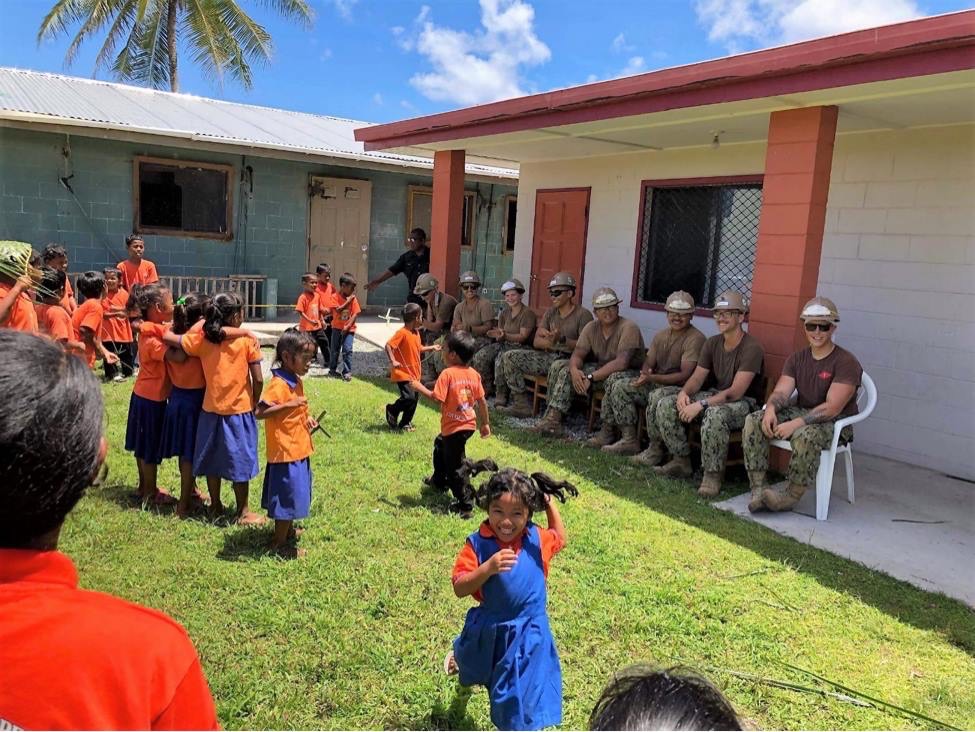Exploring Culture
Throughout this course I got to explore some of the cultural differences between what we do in the United States and some of the cultural practices done in Hispanic/Latin countries. Some of the differences include what kind of social media is popular, differences in college experiences, how families might look, and more
I learned that in many Hispanic/Latin countries, it is not uncommon for families to have multiple generations and extended family living under the same roof and for years after their 18th birthdays. This is in stark contrast to the United States where the common practice is for only immediate family living under the same roof and once a child turns 18 it is common for them to move out or go off to college and live in a dorm on campus. This is another difference with Hispanic/Latin countries that more often than not stay in their childhood home while they attend college. This was something that I was not aware of before attending this class and was a cool thing to learn.
By learning this fact, it really made me think about how in Hispanic/Latin countries family must be really important. And I would be interested to learn about the benefits of having multiple generations in one household, as I am sure there are many!
Engaging in Communities
With so much diversity in not just our own communities, but the many communities around us and the world, I think it is so important that we take opportunities to engage with those that come from different backgrounds and cultures than our own. By getting to hear, see, and experience different cultures it broadens are understanding of things that are different from our own understanding and can help everyone in becoming kinder and more open to things that they might not understand. I think it is important that in our everyday life we should be open to experiencing something different, whether that is having conversations with people of various backgrounds, eating new foods from different countries, learning about the cultures and traditions of different places and participating in respectful ways, or listening to music from different cultures. It is a great way to get out of our comfort zones and learn about different ways people experience the world.
I was fortunate with my time in the military to experience a few different cultures than my own by being able to travel to places like Spain, Portugal, Guam, and the Marshall Islands. I got to see how people live their lives differently and similarly to my own, eat new foods, engage with locals, provide humanitarian support, and really to firsthand experience different cultures. And I also got to engage with the people I worked with who came from all over the United States and various countries around the world like the Philippines, Jamaica, Africa, and Venezuela. Altogether this helped me understand the benefit of opening yourself up to people with different cultures, ethics, religions, and opinions than your own.

Interpersonal Communication
Some interpersonal communications we completed in the class included the exercises we did where we would have a partner or small group and complete activities that required us to speak to one another in spanish. Other activities I did that helped was talking with one of my spanish speaking friends on the phone. She helped me to learn new words, make learning fun, and to critique my speaking.
Presentational Speaking
For this presentation we had to take the class around our campus and explain the places we do and do not like and why. This assignment was beneficial for me because I learn better when I speak spanish out-loud rather than read it in my head. This also allowed me to work on my pronunciations and showed me which parts I have strengths and weaknesses in.
Presentational Writing
This is an example of the first written presentation we had to do in class. It is a description of ourselves to include our name, age, birthday, where we are from, etc. This helped me to memorize certain phrases and words. And to bridge the gap of reading, writing, and speaking spanish.
Interpretive Listening
Throughout this class I have started listening to spanish music and watching movies like Encanto and Coco in spanish. Even though I might not understand most of the words, it does help that I can hear fluent spanish being spoken, and when I do not understand a word or phrase I can look it up which helps to broaden my vocabulary.
Interpretive Reading
Some activities that we did in the classroom that helped us to read better in spanish was having to research in spanish, reading emails and letters in spanish, and reading what the other students have written in spanish. Outside of the classroom, my friends who speak spanish suggested reading children’s books in spanish since they are lower level and easier to understand.